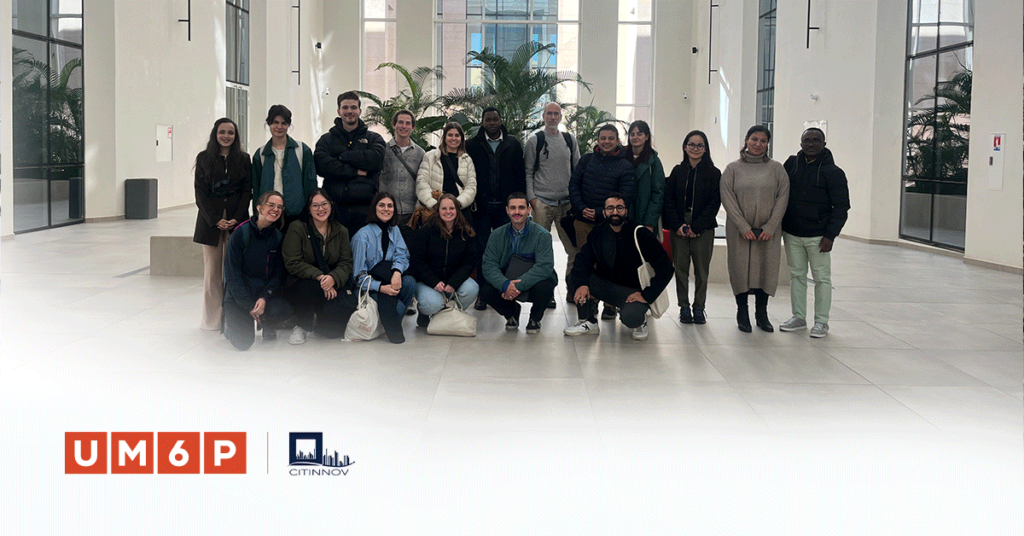On the 13th of December, CITINNOV hosted a workshop titled “Fostering Resilience: Cross-Border Strategies for Urban and Territorial Sustainability in Morocco and Spain” at UM6P Campus in Rabat, in collaboration with Barcelona International University of Catalonia.
The session, led by Prof. Hassan Radoine, Prof. Lorenzo Chelleri, and Prof. Nahiduzzaman, gathered experts and students to address climate change challenges through enhanced territorial resilience.
Discussions included a review of URNet’s 15 years of research, insights on the UP2030 Project for equitable, carbon-neutral cities, and a student-led session that encouraged dialogue on sustainability and academic collaboration. Key outcomes emphasized integrated research strategies, cross-border cooperation for climate action, and actionable recommendations for developing sustainable practices.


Leave a Reply